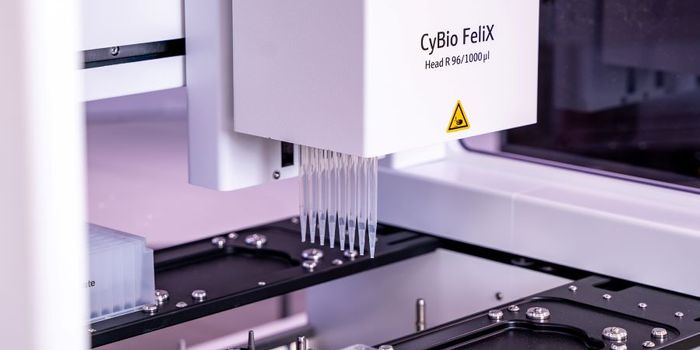Cause of Gender Differences in Neurodevelopmental Disorders is ID'ed
Gender is known to be a factor in the development of neurological disorders. It’s been established that boys are at greater risk of neurodevelopmental problems early in life like autism spectrum disorder, early-onset schizophrenia, and hyperactivity, while girls are more likely to experience anxiety, depression or eating disorders, which tend to happen after puberty. During pregnancy, negative environmental influences like stress, drug exposure or maternal infection have bigger impacts on male fetuses. Now, researchers believe they may have learned why these differences arise.
Reporting in Nature Communications, researchers at the University of Maryland School of Medicine led by Tracy Bale have found important differences in gene expression in males and females. Those changes trace back to a molecule called O-linked N-acetylglucosamine transferase (OGT), which exerts its effect through epigenetics, modifiable tags that are added to the genome, altering gene activity.
OGT regulates an epigenetic modification called H3K27me3. The scientists found that when levels of that modifier are high in the placenta, stress that the mother experiences does less harm to the fetus. That reveals a way through which females gain greater resilience against stress.
"This pathway could help explain why we see this profound neurodevelopmental difference in humans," explained Dr. Bale. "OGT and H3K27me3 in the placenta are crucial to a lot of protein-encoding that occurs during pregnancy, and so this process has a lot of downstream effects. The OGT gene is on the X chromosome, and seems to provide a level of protection for the female fetus to perturbations in the maternal environment."
The intersection of stress and neurodevelopmental disorders like schizophrenia and autism is a major focus of Bale’s research. Previous work by Bale has shown that the stress experienced by fathers can change their sperm and that in turn can have an effect on brain development in their offspring.
Additionally, Bale has shown that chronic mild stress in male mice can reduce the hormonal response to stress in their offspring. That process has been connected to neuropsychiatric illnesses like PTSD. This research suggests that even mild environmental factors can change the development of organisms.
Learn more about the sex differences in the brain from the video above, featuring Bridget Nugent of the University of Pennsylvania
Sources: AAAS/Eurekalert! Via University of Maryland, Nature Communications









